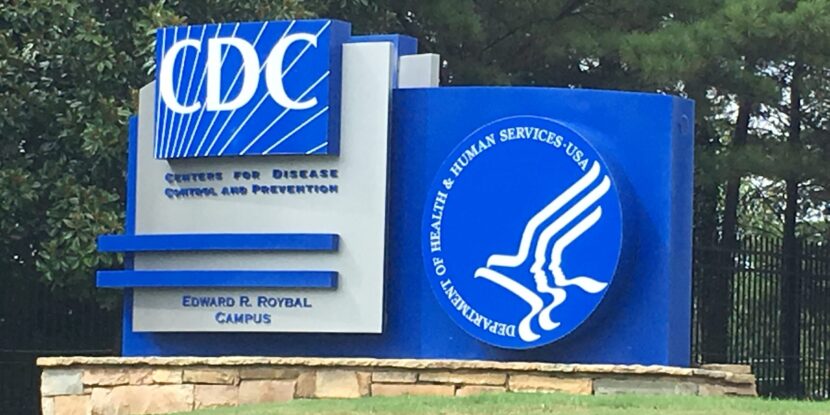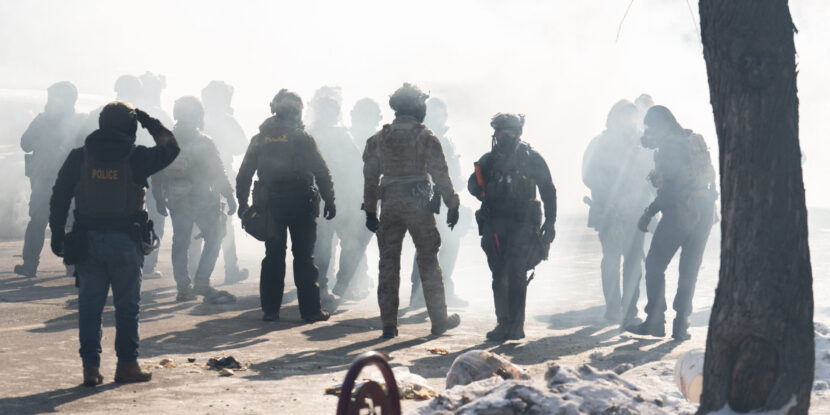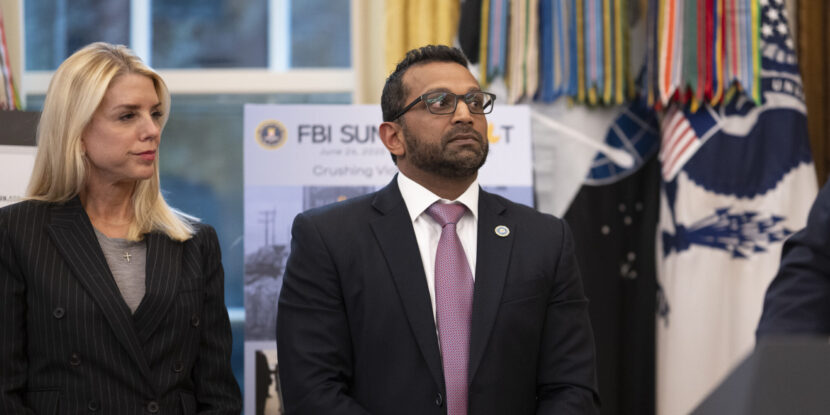❓WHAT HAPPENED: Hawaii has reported 12 cases of dengue fever, a mosquito-borne illness, prompting urgent warnings from health officials. Forty-six states and territories have reported thousands of cases nationwide.
👤WHO WAS INVOLVED: The Hawaii Department of Health confirmed the cases, including one resident of Oahu who contracted the virus during international travel.
📍WHEN & WHERE: The cases have been reported throughout 2025, with the most recent case confirmed on Oahu. Dengue is prevalent in tropical and subtropical regions.
🎯IMPACT: Dengue fever cases in Hawaii are nearing last year’s total, reflecting a broader trend of increasing mosquito-borne illnesses in the U.S.
According to the Hawaii Department of Health, Hawaii has reported 12 cases of dengue fever so far in 2025. The most recent case involved a resident of Oahu who contracted the virus while traveling internationally to a region where dengue is common, such as Southeast Asia, South America, the Caribbean, or Africa. This brings the state’s case count close to the 16 total cases reported in all of 2024.
Nationwide, the Centers for Disease Control and Prevention (CDC) has documented 2,725 cases of dengue fever across 46 states and territories in 2025. The disease is particularly prevalent in Florida, Texas, Hawaii, Arizona, and California. Puerto Rico leads with 2,152 cases, followed by Florida with 115 and California with 62.
Dengue fever, also known as “break-bone fever,” is transmitted by the Aedes aegypti mosquito. Symptoms include high fever, severe joint and muscle pain, and, in rare cases, internal bleeding and difficulty breathing. Without treatment, the disease carries a mortality rate of 13 percent, though “rapid fluid replacement can reduce this to less than one percent.”
A vaccine approved by the World Health Organization (WHO) is available for children aged nine to 16. However, its manufacturer, Sanofi Pasteur, has stopped global production due to low demand. Remaining doses are still available in Puerto Rico, but are expected to run out by 2026.
The CDC advises travelers heading to high-risk areas to take precautions such as using insect repellent, wearing protective clothing, and staying in screened or air-conditioned accommodation. Travelers returning from dengue-endemic regions are urged to monitor for symptoms and consult a doctor if symptoms appear within two weeks.
Join Pulse+ to comment below, and receive exclusive e-mail analyses.




















